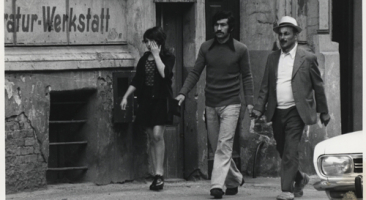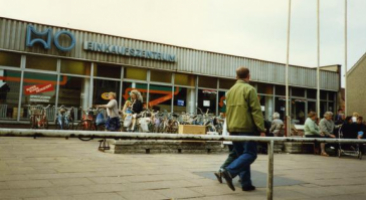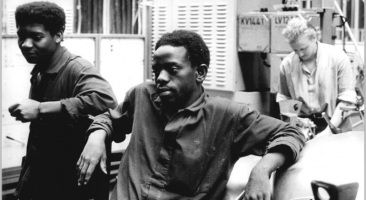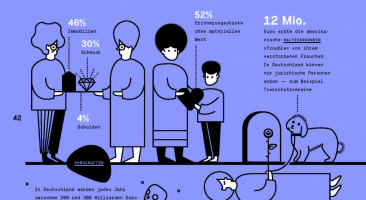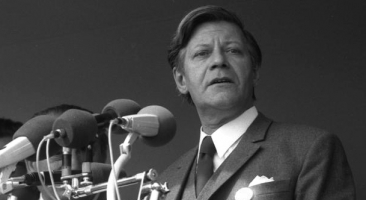Social Consequences of the Transformation of the World of Work in the Second Half of the Twentieth Century
Postgraduate Research Group of the Hans Böckler Foundation
Direction: Frank Bösch/ZZF, Winfried Süß/ZZF (speaker), Stefan Berger/ISB Bochum, und Andreas Wirsching/IfZ München-Berlin
Duration: November 2021 - October 2024 (second funding phase of the Kolleg).
In the second half of the 20th century, the work underwent fundamental changes due to technological and economic change. Especially the digitalization and automation of production, globalization as well as the expansion of the service sector contributed to this. The ZZF is investigating this upheaval in a doctoral program together with the Institute for Social Movements Bochum and the Institute of Contemporary History Munich-Berlin. It asks what social consequences this change in work had for workers. The doctoral projects examine primarily at the meso and micro levels practices of the world of work, social situations and patterns of inequality, and the role of trade unions.
The second phase of the doctoral program focuses on "Social Polarizations in Service Occupations" along lines drawn by knowledge, migration, and gender. The four dissertation projects of Lukas Doil, Till Goßmann, Jessica Hall, and Christina Häberle are located at the ZZF Potsdam in Dept. IV "Regimes of the Social."
Jessica Lindner-Elsner and Katharina Täufert are working on two on the four projects at the ZZF in the first funding phase of the Kolleg (duration: December 2016 - October 2020). Ronny Grundig and Stefan Zeppenfeld have already completed their projects.
The website of the project can be found under this link: http://wandel-der-arbeit.de/


